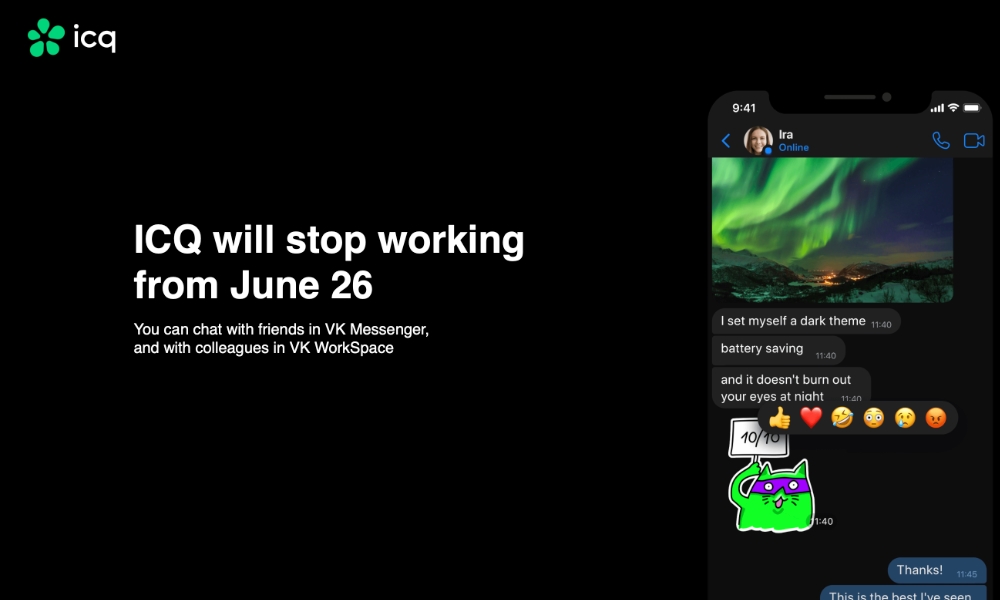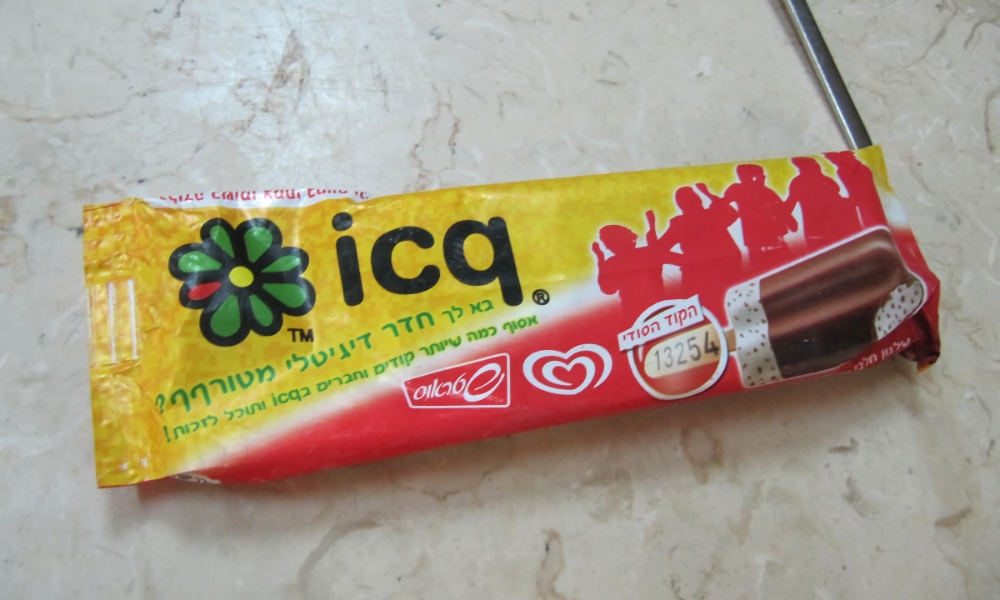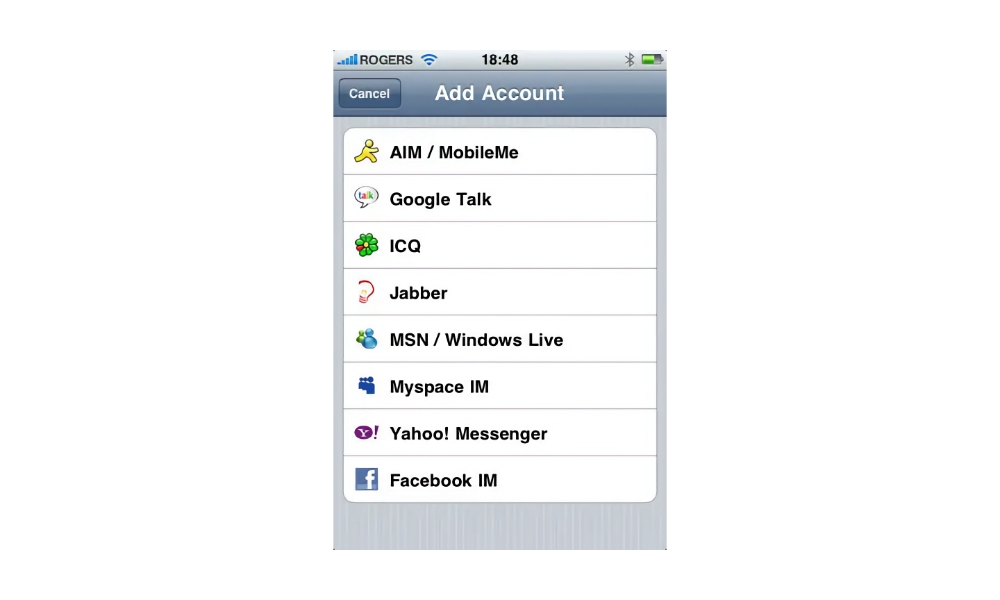Remember ICQ? It’s Still Around — But Not For Much Longer

Toggle Dark Mode
Those who are old enough to remember an era before the iPhone may also be familiar with one of the most popular chat services of those halcyon days: ICQ. While it’s been superseded in most people’s minds by other more popular services like WhatsApp, iMessage, and Facebook Messenger, you may be surprised to find out that ICQ has actually survived all these years — I know I was.
For those unfamiliar, ICQ (an acronym of sorts for “I Seek You”) was the first mainstream universal instant messaging app. It was launched in 1996 by Israeli company Mirabilis, a year before Steve Jobs returned to Apple and two years before Larry Page and Sergey Brin officially founded Google.
While ICQ wasn’t the first platform-agnostic chat app — that honor belongs to Internet Relay Chat (IRC) — it was the first that actually injected a bit of fun into the process and made it easier to chat one-on-one. ICQ was a simple and more graphically rich app that could run independently of monolithic internet services like AOL which dominated much of the internet at that time.
ICQ was free to download, and free to use. It had apps for Windows, Mac, and even Linux, the Palm Pilot, and other early smartphone platforms like Symbian and Windows CE. An ICQ iPhone app eventually appeared on the App Store after it opened in 2008, but it was pulled a couple of years ago.
Plus, as unbelievable as it sounds in today’s heavily ad-supported world, ICQ didn’t have any ads at all, at least not for the first few years of its life.
The plucky little upstart was quickly acquired by AOL, which used the technology to build AOL Instant Messenger (AIM). ICQ remained popular into the early 2000s, to the point where iChat, Apple’s instant messaging app for Mac, integrated with AIM through ICQ.
Nevertheless, ICQ managed to reach 100 million users in the early 2000s. Somewhere along the way, it even became popular enough to inspire an ice cream brand.
The biggest nail in its coffin came when Microsoft bundled MSN Messenger into Windows. Much like iMessage for iPhone users today, folks turned to using the messaging app they already had, and as more people ended up on MSN Messenger, ICQ started to become a ghost town.
ICQ experienced a small resurgence in popularity thanks to the iPhone since the App Store opened the door to cross-platform instant messaging apps long before the advent of iMessage. This meant folks no longer had to switch to the same messaging network their friends were on, although much of that damage had already been done.
In 2010, AOL sold off ICQ to a Russian company, Mail.ru Group. Somewhere along the way, Mail.ru rebranded to VK and launched its own social network and messaging apps independently of ICQ, likely based on the technology it acquired in the purchase. Despite this, it kept ICQ going, although the core user base has dropped off over the past decade or so to about 11 million active users, most of them in Russia.
However, it seems that the ride is over, and after 28 years ICQ will be closing its doors for good. On Friday, VK announced on the ICQ homepage that “ICQ will stop working on June 26, with the company suggesting users switch to VK Messenger to chat with friends or its business-focused VK WorkSpace for collaborating with colleagues.









